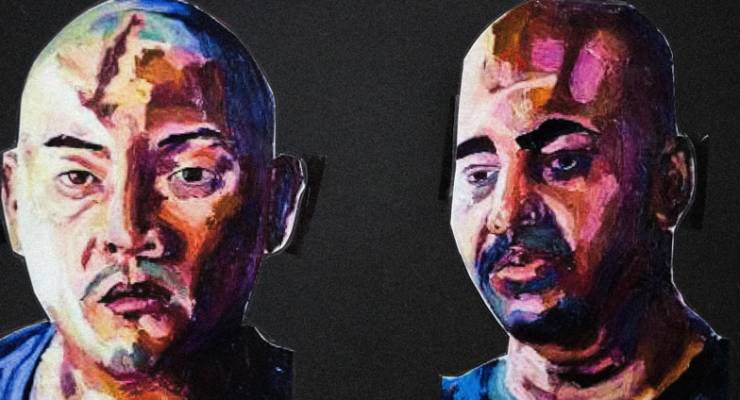
Representatives from both major parties spoke at the Monash University Law Chambers on Friday about their bi-partisan approach to addressing a policy that is “cruel, inhumane and degrading”. Not the thorny question of what to do about people currently languishing in offshore detention on Manus and Nauru; this Law Council of Australia-organised symposium concerned Australia’s contribution to the international effort to abolish the death penalty.
Speakers Tim Wilson and Mark Dreyfus found little to disagree about when discussing their party positions on the moral and legal arguments against the death penalty and only subtle points of difference on the best approach to eradicating it worldwide. This general feeling of consensus was reinforced by later speakers. Phillip Ruddock, who presented the findings from the Joint Parliamentary Inquiry into Australia’s Advocacy for Abolition of the Death Penalty, joked that Wilson must have stolen his speaking notes, and Julian McMahon, who worked on the defences for Van Nguyen and Bali Nine pair Andrew Chan and Myuran Sukumaran, held up his notes and said “you’ve already heard this”. Running through the discussion was Australia’s bid to be on the UN Human Rights Council for the 2018-20 term.
However, the presence of Human Rights Commission President Gillian Triggs called attention to an elephant in the room.
“I think we have some very strong arguments for why we should be on it, but the question you will always get is ‘how can you have a country that has failed so abysmally in its treatment of refugees be elected to the Human Rights Council?'” Triggs told Crikey.
“So it really comes to how the arguments are balanced? Do we stand in a good position because of our extraordinarily strong record on human rights over the past 40-50 years? Will the voters have their minds on that, or will they concentrate on the last 15 years?”
Citing Australia’s recent experience with Donald Trump, Wilson argued that private diplomacy was often more effective than what he termed “megaphone diplomacy”. Dreyfus countered that the recent encouraging statistics — the increase in countries that have entirely abolished the death penalty from 13 to 104 in the last 50 years — was only down to vocal public pressure. The date of symposium was timed to coincide with 50th anniversary of the execution of Ronald Ryan, the last man to be executed in Australia.
Ruddock argued that the decision as to whether to share intelligence with countries in cases may lead to the imposition to the death penalty should be taken out of the hands of public servants, a system he described as “grossly unfair”. He said if such a decision rested with the foreign minister, they could asses what it would mean “for their political future”. Ruddock also argued that Australia need to put more pressure on the United States to abolish the death penalty, saying such a step would “change the whole conversation worldwide”. Given the events of previous week, one wonders when Australia will next be in a position to pressure the US on anything.
McMahon suggested a coalition of South Pacific countries, led by Australia, to advocate for the abolition as a bloc.
Wilson was not present to hear these suggestions, incidentally, having left immediately after Dreyfus’ speech. The government response to the inquiry is due on March 1.








Crikey is committed to hosting lively discussions. Help us keep the conversation useful, interesting and welcoming. We aim to publish comments quickly in the interest of promoting robust conversation, but we’re a small team and we deploy filters to protect against legal risk. Occasionally your comment may be held up while we review, but we’re working as fast as we can to keep the conversation rolling.
The Crikey comment section is members-only content. Please subscribe to leave a comment.
The Crikey comment section is members-only content. Please login to leave a comment.